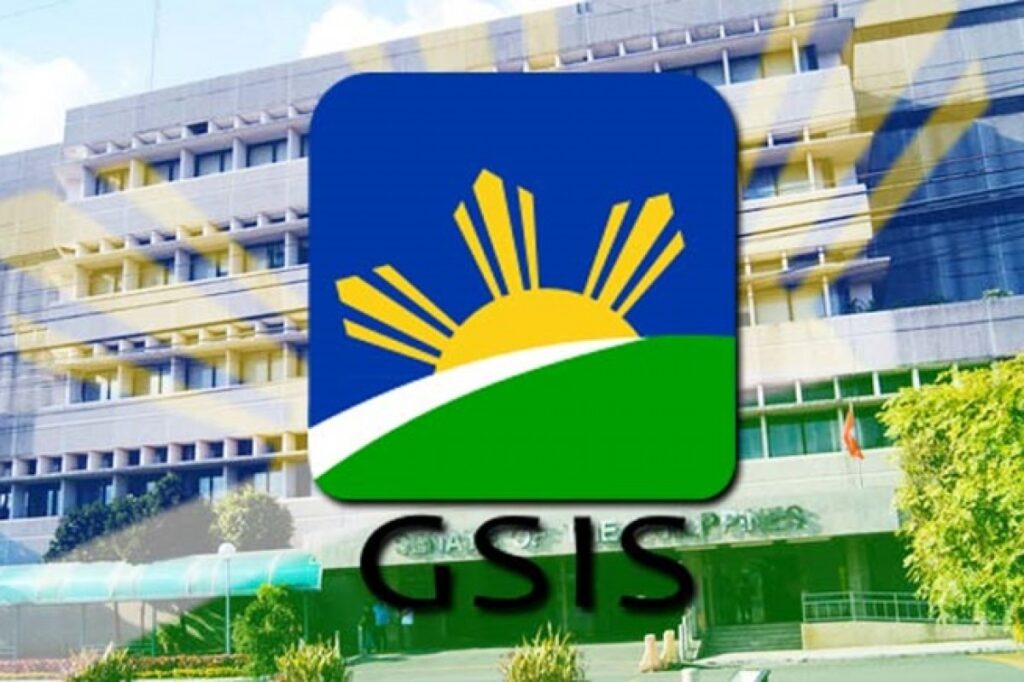Guide on GSIS Benefits for the Qualified Members
GSIS BENEFITS – Here is a full list of the benefit offers for the members of the Government Service Insurance System (GSIS).
The Government Service Insurance System, more popularly called GSIS, has several offers for the benefits of the members. These benefit offers encompass assistance in times of losing job, getting injured, and old age among others.

GSIS Unemployment Benefit
The Government Service Insurance System crafted this benefit offer for members who unwillingly lost their job due to the abolition of an office or position. Here is the eligibility criteria under this benefit offer:
- a permanent employee at the time of the separation
- involuntary lost job due to the abolition of the office or position of the GSIS member
- on continued posting of GSIS monthly contributions for at least one (1) year already
There are documentary requirements for GSIS Unemployment Benefit application that you must prepare and submit to file a claim.
GSIS Disability Benefit
Also one of the GSIS benefits is the GSIS Disability Benefit for current government employees who obtained an injury or disability while in the service. This benefit offer covers Permanent Total Disability (PTD), Temporary Total Disability (TTD), and Permanent Partial Disability (PPD). To qualify, the member must have posted at least 36 monthly contributions within the five year period before the injury or disability.
There are also documentary requirements for GSIS Disability Benefit application. Prepare the documents and file the claim within three (3) years since the disability happened.

GSIS Funeral Benefit
When a member of the Government Service Insurance System dies, the family or the legal beneficiaries may turn to the government agency for the GSIS Funeral Benefit claim. To qualify, the deceased member must belong to any of the following categories:
- an active member of GSIS
- an old age pensioner
- a member who has been separated from the service but who is entitled to future separation or retirement benefit
- a member who retired under RA 1616 prior to the effectivity of RA 8291 with at least 20 years of service, regardless of age
- a retiree who at the time of his retirement was of pensionable age under RA 8291 but who opted to retire under RA 1616
To file the claim, prepare the GSIS Funeral Benefit requirements. The GSIS observes an order with regards to who has the right to file for the claim.
- Legal Spouse
- Legal Child who spent for the funeral services
- Any person who can present unquestionable evidence of spending for the funeral expenses of the deceased GSIS member
GSIS Survivorship Benefit
Aside from the assistance in the burial of a deceased GSIS member, also one of the GSIS benefits is the Survivorship Benefit for the legal heirs of the member. This is granted to members who passed away before reaching the age of retirement.
The legal heirs must prepare the GSIS Survivorship Benefit requirements and file the claim to the nearest branch of the state-run social insurance institution.
GSIS Separation Benefit
This benefit offer is for the members of the Government Service Insurance System who got separated from work before their retirement but have been in the service for at least three years but less than 15 years, and below 60 years of age or in the service for at least 15 years and is below 60 years of age.
To file a claim, the member must prepare the GSIS Separation Benefit requirements. The application should be submitted within four (4) years since the separation from work.
GSIS Retirement Benefit
Among the GSIS benefits, undeniably, this is the offer that most members look forward to. Under it, members who retired from work may receive a monthly pension. The state-run social insurance institution has several retirement laws.
To file a claim, prepare the GSIS Retirement Benefit requirements and submit them to the state institution when you retire. There are different requirements under each retirement law.
